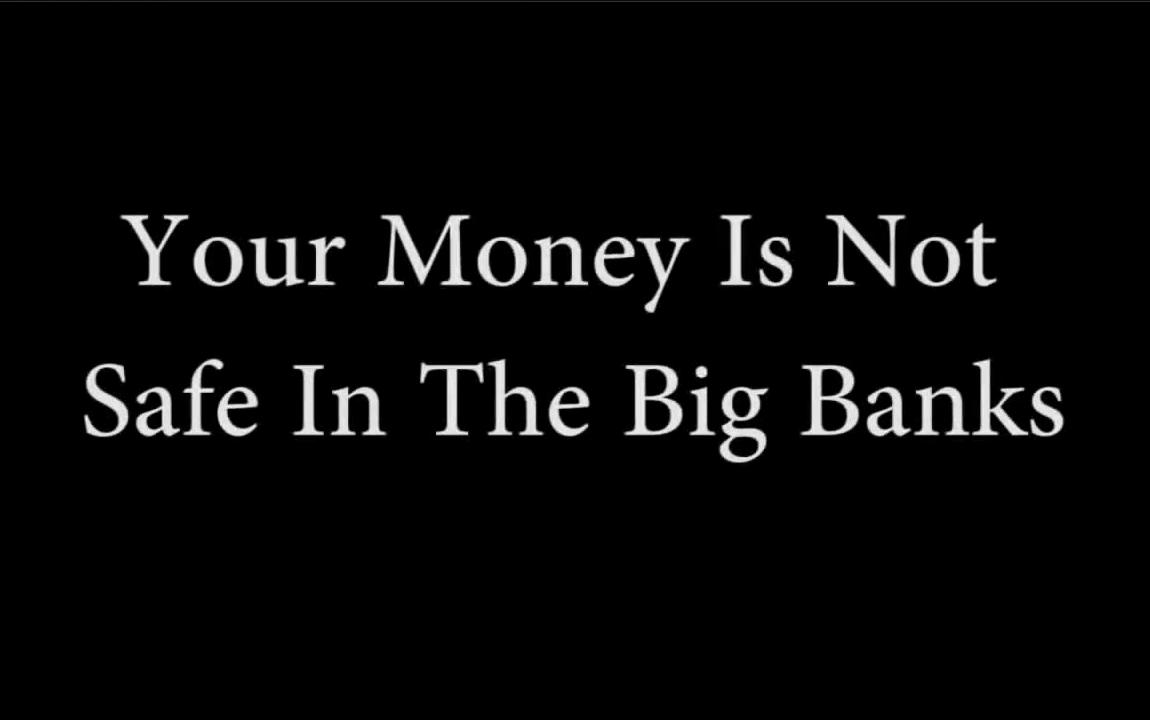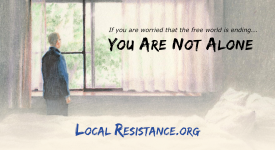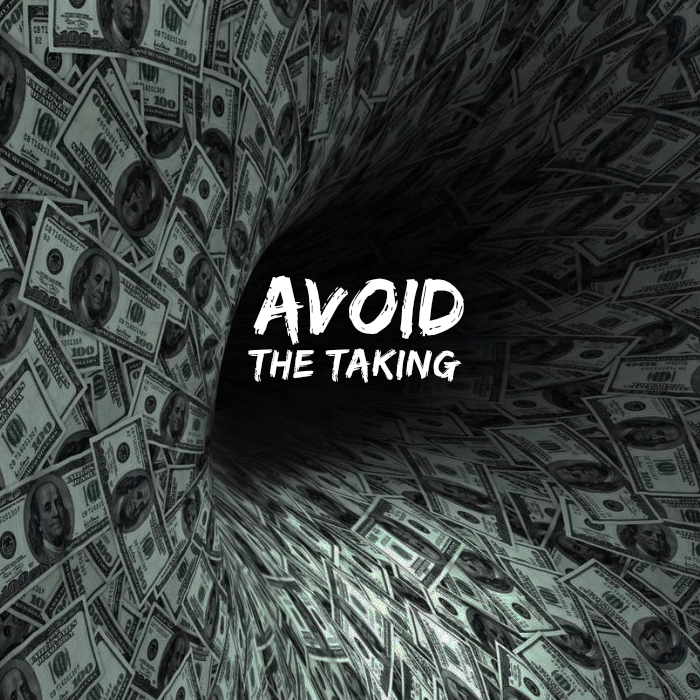

If you haven’t read The Great Taking by David Rogers Webb (get the free e-book here) or watched his excellent video here then you may not understand the urgency of the recommendations that this post will contain. Go watch the video first and then come back informed. The financial piranha are preparing for the inevitable collapse of our debt-based financial system by erecting a legal framework to protect the too-big-to-fail crowd of “protected” investors. The savings and deposits of average citizens are about to be stolen from them when banks fail and the derivatives market implodes.
I have a plan that will benefit you in 3 important ways. First it will prevent you from having your money and savings stolen from you by the banks and investment brokers when the next financial collapse occurs. Second it will help you secure the essential resources that you will need to survive like food, water, energy, etc. during the crisis. Third it will free you to own and manage your investments directly without paying fees or commissions to any brokers or middlemen. Finally, you will be able to break your dependency on banks, brokers and pooled investment funds. Please don’t consider this post as professional investment advice. It is just a quick overview of one man’s ideas about how to protect yourself.
I’m working on a plan to preempt the financial "bail-ins” by encouraging people to withdraw their savings and investments before the “taking” begins and re-investing them into real assets that will be essential to the survival of people after the collapse. This will provide local capital to finance new community business expansions in areas like food production, potable water supply, timber resources, alternative energy farms, private healthcare, etc.
Investors will get negotiated rights (not necessarily shares) in the local businesses that will certainly grow in value as resources get increasingly scarce, plus instead of cash dividends they will acquire limited preferential access rights to the goods and services that their investments fund. So, for example, if people invest $100K to help a local farmer expand his operations, he doesn’t need to go into debt to get the money and the investors will get preferred access (first purchase rights) to the beef, pork, dairy, vegetables, etc. he produces when the SHTF.
What I have in mind is not about making money, it’s about independent community development, direct financial control, and enhancing essential resource security locally. There would be no investment brokers or managers, no middlemen and no commissions. Investors would meet with producers face-to-face to evaluate local opportunities and determine acceptable risk factors. Doing so will involve them in their own local community and enhance their knowledge by learning directly from real life operations. Preferences could be specified and matches could be made using an online investment web site or phone app that detailed local opportunities and also provided low cost legal resources, contract templates, etc.. These internet services could be financed by a modest fee that both investors and business owners would pay.
Producers would specify the percentage of their total production or yield that they were willing to commit to the preferential access pool set aside exclusively for investors. Investors would then be entitled to a percentage of the pool that equalled the percentage of the total project financing that their investment provided. If a farmer assigned 40% of his harvest to the pool and an individual investor contributed 50% of the total investment funds, then that investor would be entitled to access up to 20% of the harvest. (50% x 40%) An investor could compare this reward to the capital risks that they determined to be involved. Investors could specify in their online listings if they only wished to deal with existing businesses or were open to new startup ventures. Obviously higher risk ventures would have to commit a larger percentage of their production to the preferential access pool. Ironically however, the threat of bail-ins and the confiscation of wealth makes leaving your money in the bank the highest investment risk of all.
Investors would still have to purchase the goods or services in the pool so producers would not lose any income. Producers could decide to offer a small price discount to investors as an additional incentive. Producers would be able to consider expansions that traditional debt financing costs would make unfeasible. Access to capital without interest and debt obligations opens up a whole new world of productive possibilities. Dividends of produced resources instead of cash will help new and small businesses to flourish.
To increase their security, investors could diversify their portfolios by physically taking possession of gold or silver coins that also tend to increase in value when financial crises occur. Savings would not have to be withdrawn all at once. Individuals could learn to invest at their own pace. They could combine purchasing their own survival equipment with investments in shared production. Novel ideas like huge rainwater collection farms, shared community food production and processing facilities, non-traditional and free energy sources could stimulate exciting results.
Of course the next step in building independent resilient communities would involve trade between adjacent or nearby communities. What one community lacked another could provide as cooperative diversity expanded. New debt-free currency could be developed to facilitate non-exploitative trade between neighbouring communities. Once we liberate our savings from the grasp of the demons of capital a whole new world can bloom.
I’m very excited by the possibilities and would like to discuss the idea with people who have connections and want to take action on making this happen.
You can contact me directly at cdn@cogeco.ca
(I don’t own a cell phone so I can’t receive texts)
thanks,
don findlay
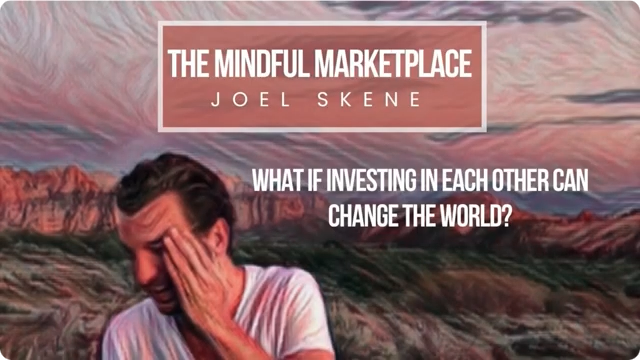
I just discovered this fabulous video interview between Joel Skene and Michael Shuman who are both full throttle supporters of local investment and community development. This is one of the most inspiring and informative discussions you will ever find on these topics. Also, here's a link to Michael's site.
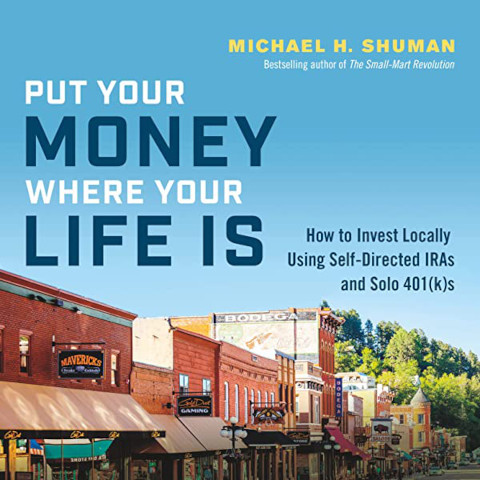
Here’s another, earlier warning from the Public Banking Institute about the legalized theft of your savings.
